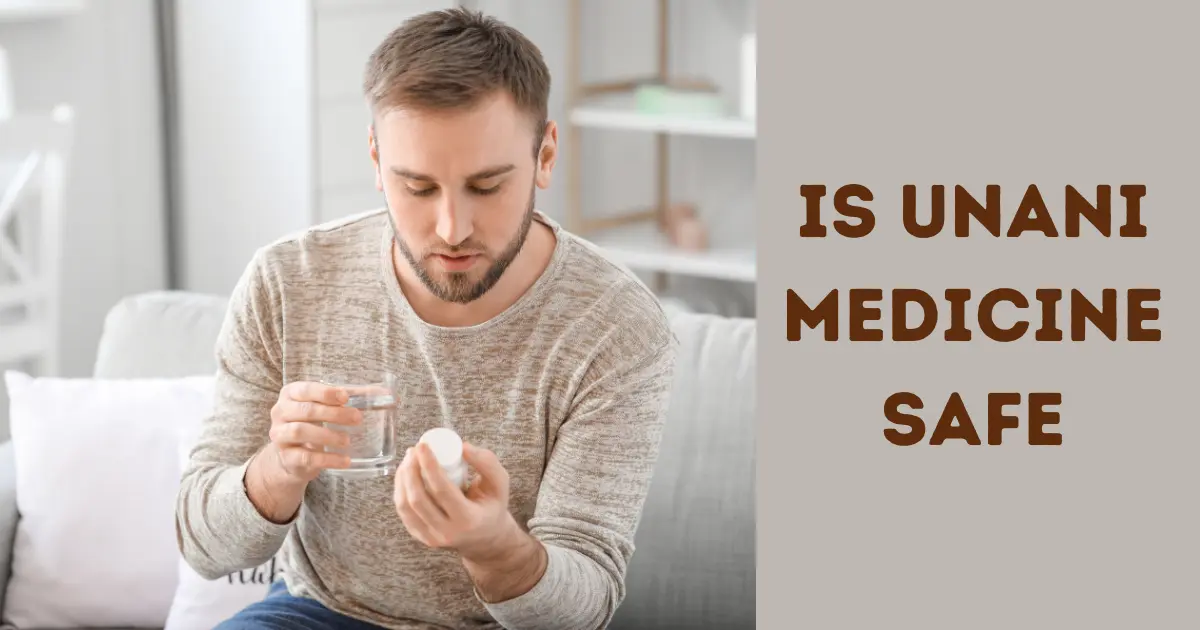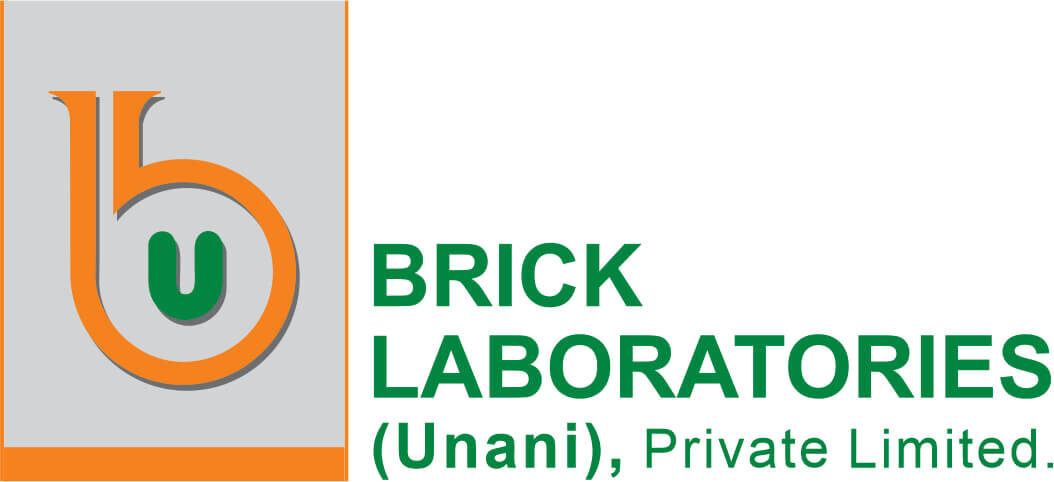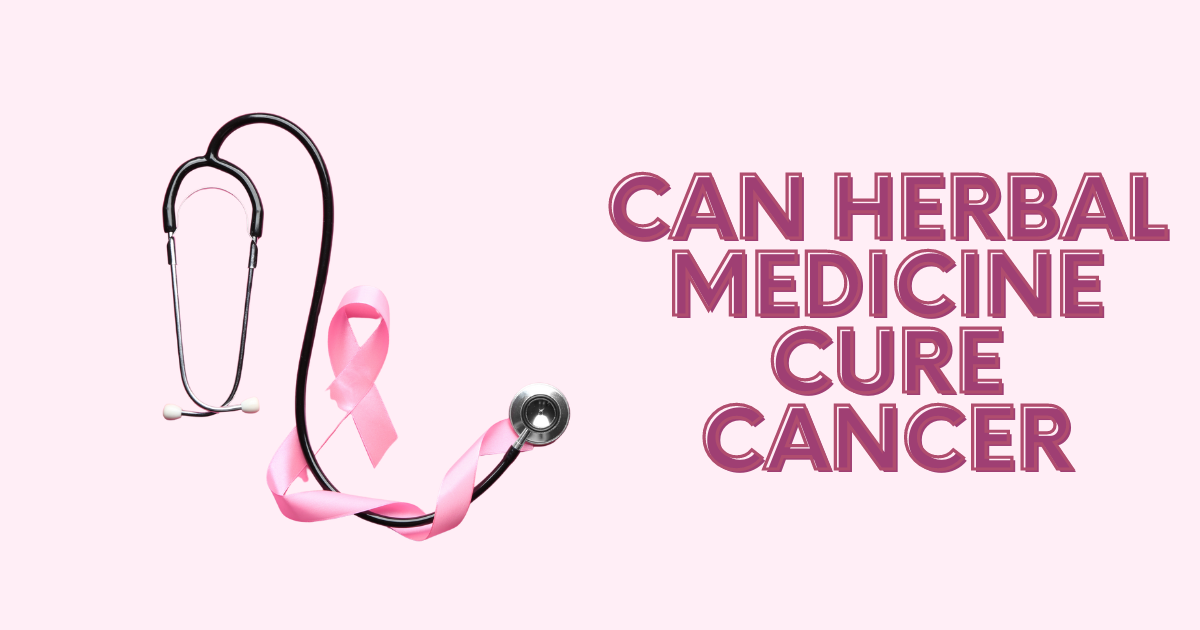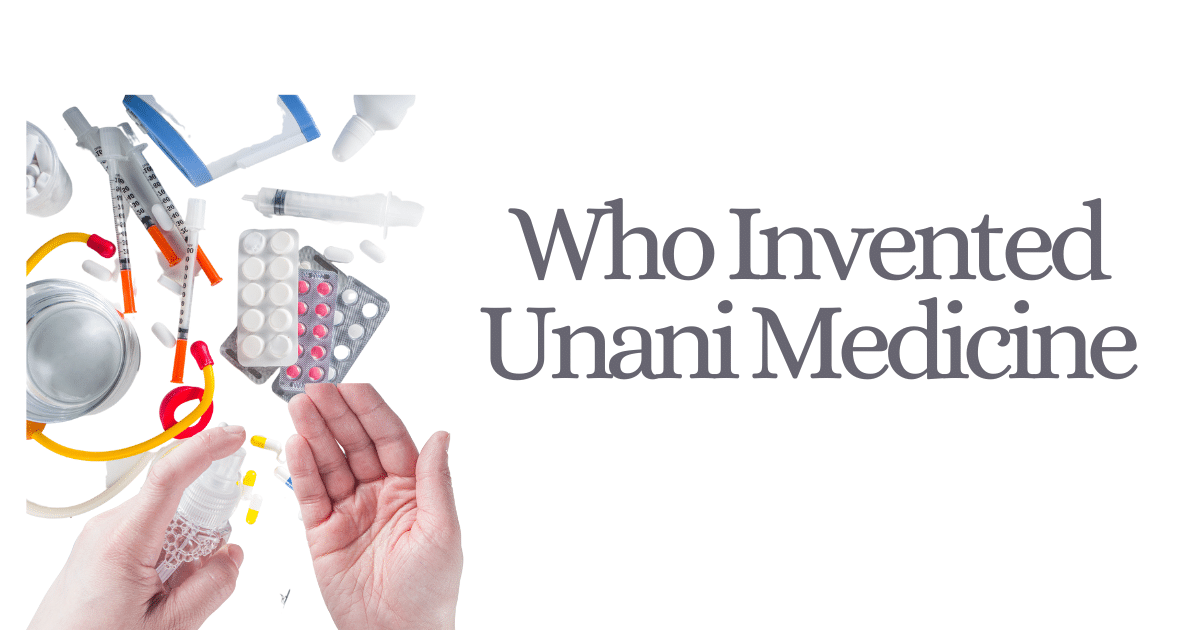Is Unani Medicine Safe

Unani medicine, often referred to as Yunani or Greco-Arabic medicine, is a traditional medical practice that has its roots in Greece and has prospered throughout South Asia and the Arab world. Unani medicine, which draws its principles from the writings of ancient Greek doctors like Hippocrates and Galen, uses natural treatments and holistic strategies to treat a variety of health issues. From the perspective of contemporary healthcare, we shall examine the efficacy and safety of Unani medicine in this blog article.
A holistic and natural approach
Using natural resources like herbs, minerals, and animal products is highly valued in unani medicine. It also takes into account the patient’s general well-being, putting equal emphasis on physical and mental health. This comprehensive strategy shares the fundamental ideas of contemporary integrative and alternative medicine.
Individualized Care
Unani Medicine’s customized approach to treatment is one of its main advantages. When designing a treatment plan for a patient, Unani practitioners take into account their Mizaj, or individual constitution. As patient-centered treatment becomes more widely accepted, this tailored approach is becoming increasingly important.
Known Effectiveness
Long used and successful in treating a variety of illnesses, such as digestive issues, respiratory issues, and skin issues, Unani medicine has a long history of use. Clinical research on several unani medicines, particularly those used to treat chronic ailments, has yielded encouraging results.
Less Adverse Effects
Due to its natural origins and traditional preparation techniques, Unani medications frequently have fewer adverse effects than some modern drugs. They are, therefore, a popular option for people looking for complementary and alternative therapy.
Compatibility with Contemporary Medicine
Unani medicine is included in the national healthcare system in several nations, such as Pakistan and India. With this acknowledgment, its potential advantages are acknowledged, and patients can now access more therapy alternatives.
Conclusion
With its historical roots and comprehensive philosophy, Unani medicine has been shown to be a secure and reliable method of healing for many people. While it might not be able to replace all current medical procedures, it can complement them and provide an alternative for patients looking for personalized and natural care.
As with any medicine, it is crucial to speak with knowledgeable Unani practitioners who are familiar with the system and its guiding principles. To ensure coordinated and thorough care, patients should also let their foremost healthcare physicians know about any complementary therapies they are using.
In conclusion, those looking for holistic and natural approaches to health and wellness should consider unani medicine due to its efficacy and safety. In the future, it might be used and accepted even more widely as a result of its integration with contemporary medicine and ongoing research into its techniques.




